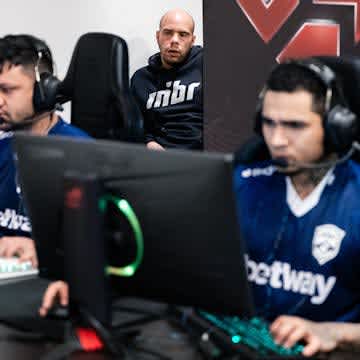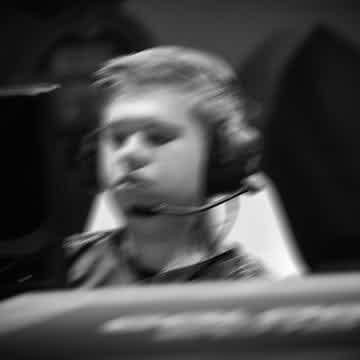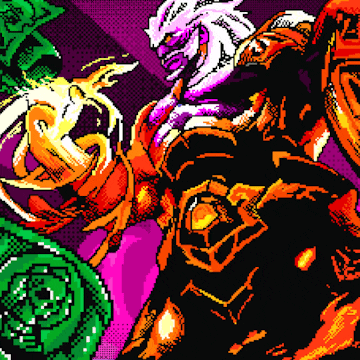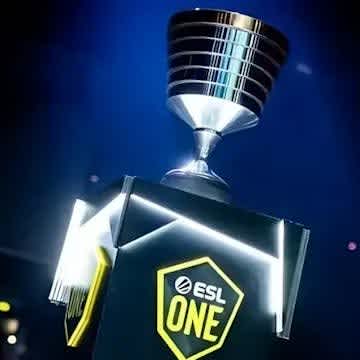It was only a matter of time until Valve pulled the trigger on coaches
Like a neglectful dad returning from a multi-day session in the pub, Valve took off their well-worn belt to spank the coaches who just couldn’t keep their act straight in their absence. It’s not like they ever wanted to be a parent anyway, and the sad thing is that with no child support services in sight. ESIC, the malnourished watchdog kicked out to the curb just couldn’t do enough to make people play nice.
Cheating was always worth it in CS
There’s always the iBUYPOWER-shaped elephant in the room when it comes to competitive transgressions in CS, but there are so many more small stories in the grey zone which we could talk about over the years – starting, of course, with the whole conceit of skins betting, the grand bargain which fueled CS:GO’s growth as a competitive esport alongside the number of problematic and unregulated actors. Valve looked the other way for a few years and tournament organizers couldn’t exactly get picky about the sponsors they chose: it’s the eternal blot in the copybook for those early years.
In many ways, esports are easier to officiate than most other competitions: the software itself takes care of a large chunk of potential controversies. If the shot didn’t kill, it didn’t kill – nuff said. You can’t leave spawn a fraction of a second before you are meant to because the game stops you from doing so. And yet, we’ve also had our fair share of controversial conceits on the server too, though they were more about bending the rules rather than outright cheating. Stories of Señor VAC, the olofboost, FalleN and co. with their hats, baiting the crowd into giving away information, jury-rigging a round reset for one reason or another and much more – these issues have been surprisingly tough to police over the years.
Then online CS became the forefront in 2020, and the beast with the seedy underbelly decided to sleep on its side for once, prompting Valve to act.
Oops I did it again
I had more faith in online CS than many but progressively worse revelations significantly eroded them over time. Biggest of all was the coaching bug controversy, made even worse by the fact of how far back it went, coupled with the myriad stream-sniping issues, with the cherry on top being ESIC’s admission that the issues were so widespread they had to draw the line and only issue punishments going forwards lest they take down the whole elite scene in the process.
This was late in 2020 and it didn’t take long for the dam to break: Vitality were the first to find themselves in hot water for what seems a lot like stream-sniping, the BLAST broadcast showing up in the background of the webcams in their all-glass Renault-infused office. Valve’s reaction to all this is both typically slow and characteristically overbroad, but can you blame them at this point? The parties themselves have shown no willingness to change their behavior and the third-party watchdogs are busy fighting along one another for a multitude of reasons. It’s well-known that the developers of CS are not particularly keen on having coaches involved at the top tier of the game, and this served as the perfect opportunity for a crisp headshot from their metaphorical AK-47.
That red smudge on the wall is the brain matter of people like Twista, Rejin, zoneR and the rest, banned for life from Majors.
Coaching crackdown
This isn’t the first time coaches were marginalized in CS esports: it was back in August 2016 when Valve suddenly deprived them of the ability to communicate with the squad throughout the match, sinking teams like Na’Vi and Cloud9 who sought to offload the in-game leading duties to the sixth man. The devs have always insisted that they want the competitive gameplay to mirror the regular Joes’ experience as closely as possible, though one has to wonder where are the ragequitting players and the spinbotting squadmates at the LAN events.
It’s not a controversial statement that this approach severely lowers the ceiling of strategic complexity in the game, as DeKay persuasively argued in a column last September, going as far as to say that the removal of coaches would “permanently damage” pro CS. Whether that’d be the case or not is tough to tell, but we’re better off not knowing. However, it’s tough to argue that repeatedly drawing the games’ competitive integrity into question is the lesser of two evils.
No doubt the next period of competitive CS, still stuck in the online realm, will be diminished by this change, and we can only hope it won’t be made permanent by the time LAN events roll around again. As for the damage done to teams and individuals – see also the quite frankly bullshit conclusion of the 2020 RMR “season”, with Astralis in The lack of meaningful input from other interested parties is nothing new – just ask the investors of the Overwatch League, the TOs whose work was co-opted by Riot, or people like Jamppi or the aforementioned iBUYPOWER crowd who tried to go up against the steamy juggernaut for a shot and redemption and were enveloped in silence.
One day, we’ll have that prophesized great confrontation between game developers and those who hold up the esports ecosystem – but until that titanic struggle, perhaps we could stop giving Valve such perfect excuses to neuter the competitive scene? We’re stuck under their roof and they’ll make full use of them once they stumble back from the pub.
Photo credit: HLTV







